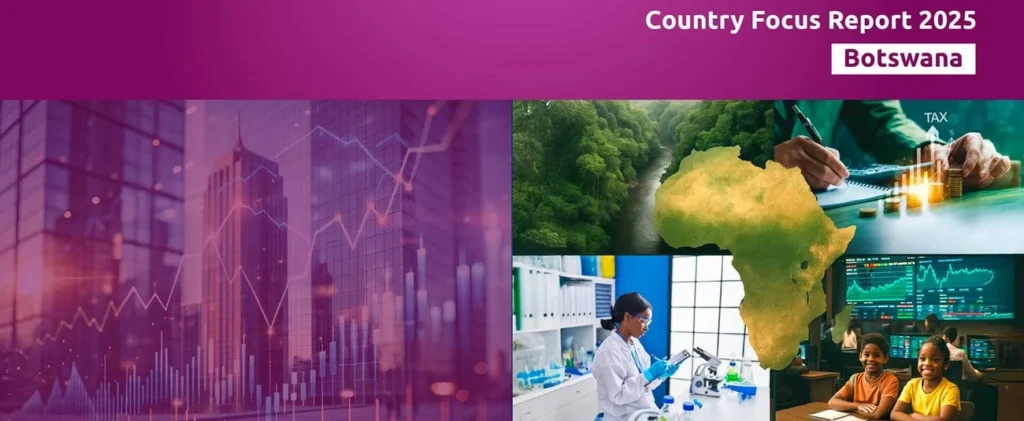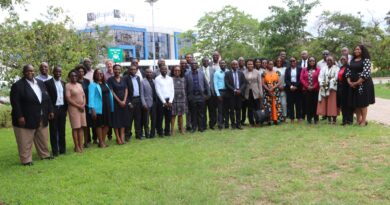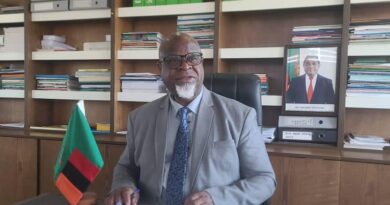AfDB Urges Botswana to Implement Reforms to Unlock $116 Billion National Wealth
The African Development Bank (AfDB) has called on Botswana to undertake strategic reforms aimed at unlocking its estimated $116 billion in national wealth and accelerating sustainable development.
The Bank made the appeal during the launch of its 2025 Country Focus Report for Botswana, titled “Making Botswana’s Capital Work Better for its Development”, held on 16 September.
The report notes that Botswana enjoys strong domestic fiscal capacity, with a tax-to-GDP ratio above 20%—higher than the Sub-Saharan Africa average of 16%—allowing the country to finance most of its budget without resorting to borrowing. However, overdependence on diamonds, which generate 80% of export revenue, and external shocks such as climate change, trade restrictions, and geopolitical tensions continue to limit economic resilience.
Although GDP growth contracted by 3% in 2024 and is projected to remain subdued in 2025, the report highlights Botswana’s significant untapped potential across human, financial, natural, and produced capital. Natural assets such as forests, biodiversity, and renewable energy are seen as critical to climate-resilient development.
Permanent Secretary at the Ministry of Finance, Tshokologo Kganetsono, welcomed the recommendations, stressing that strategic alignment between government, the private sector, and development partners was essential to overcoming fiscal vulnerabilities and unlocking the country’s wealth.
“Botswana is endowed with abundant resources, including mineral wealth, human capital, and renewable energy sources. We are hopeful that the recommendations from this report will assist in unlocking Botswana’s capital for sustainable development,” he said.
The AfDB’s Chief Country Programme Officer for Southern Africa, Rees Mwasambili, identified three key priorities for Botswana’s trajectory: strengthening institutional frameworks, scaling up development finance, and investing in human capital.
Other Bank officials, including Division Manager for Macroeconomic Policy, Paul Mpuga, presented findings to a diverse audience of government officials, private sector leaders, civil society representatives, and development partners.
A panel discussion explored strategies such as economic diversification, financial reforms, improved governance of state-owned enterprises, and stronger regional trade integration.
AfDB Vice President and Chief Economist, Kevin Urama, delivered a video message reiterating the Bank’s commitment to supporting Botswana in unlocking its capital to drive inclusive and sustainable growth.



